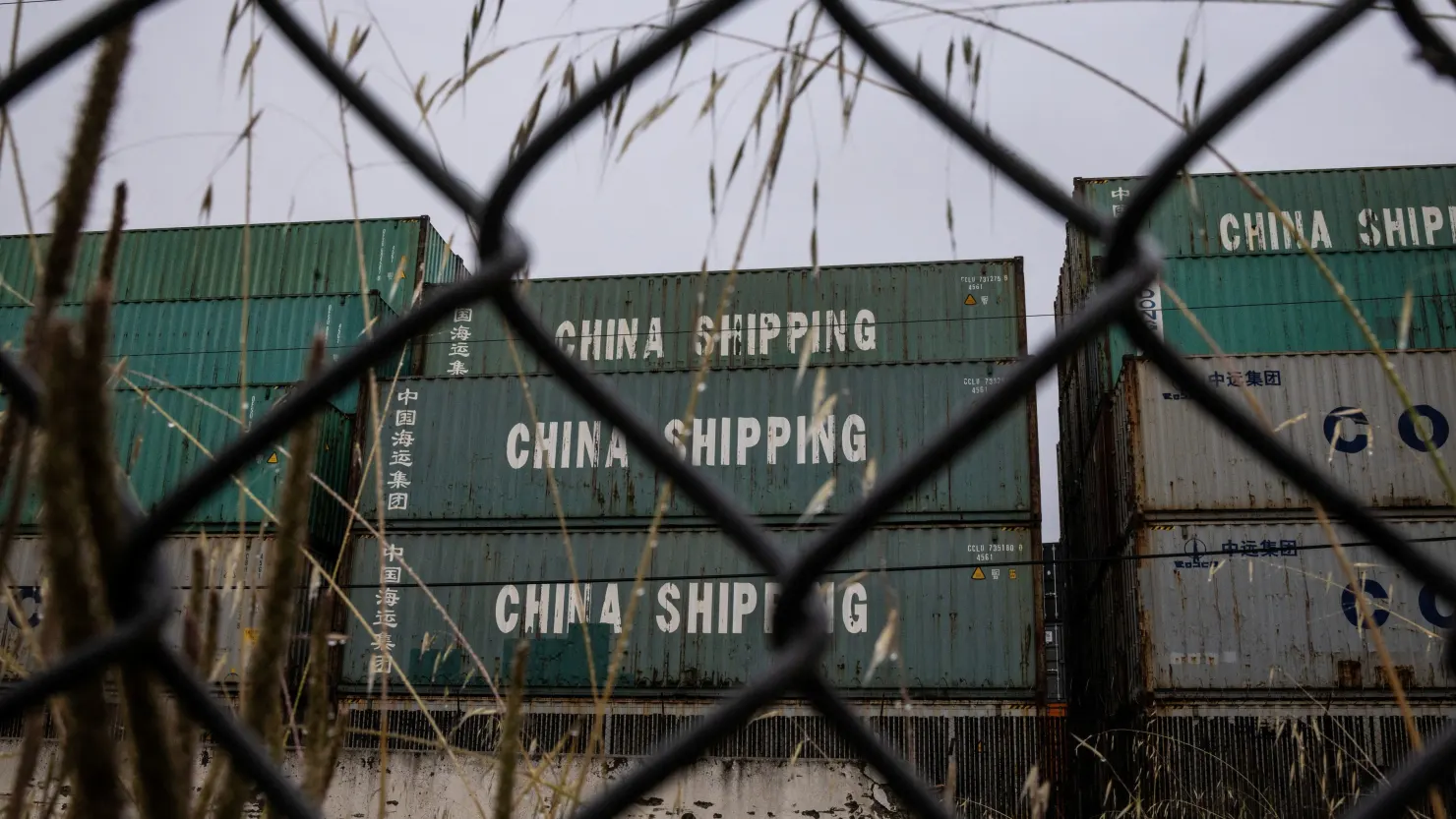Chinese exporters are offering U.S. customers highly attractive deals by pledging to absorb the full cost of tariffs. Beneath this offer lies a complex web of questionable practices that sustain these low-priced shipments from China.
The prevalent tactic involves the use of “delivered-duty-paid” shipping, in which sellers cover all import-related expenses, including tariffs. Some sellers then under-invoice shipments or mislabel goods in customs declarations to minimize duty obligations. These shipments often go through shell companies, registered under foreign entities, which act as the official importers of record—bearing responsibility for customs accuracy and tariff payments.
To secure shipments, these shell companies obtain a customs bond—typically at least $50,000—as a guarantee. However, once duties are unpaid and the bond is claimed, many of these companies simply vanish, defaulting without filing for bankruptcy, only to reemerge under new names and repeat the scheme.
This approach is gaining traction amid renewed tariffs introduced by U.S. President Donald Trump. Legal experts warn that U.S. firms, even those not listed as importers of record, may face serious civil or criminal liability if found complicit or willfully ignorant. Recent examples show U.S. businesses receiving unexpected tariff bills or having their goods seized due to unpaid duties.
Online platforms have seen a surge in promotions offering “tax-inclusive” delivery of large items like furniture and appliances to the U.S., often using under-invoicing or misclassification tactics. Industry insiders reveal that some American buyers are pressuring Chinese suppliers to adopt such methods to stay competitive, especially as legally compliant firms struggle to match illegally low prices.
The current tariff regime has exposed gaps in U.S. Customs and Border Protection’s enforcement capacity. With only a small portion of imports physically inspected, authorities rely on risk-targeting systems to detect irregularities. Despite efforts, the volume of incoming trade makes comprehensive enforcement challenging.
Illicit transshipment through third countries, mislabeling, and undervaluation of goods have led to significant tariff losses. A major financial institution estimated that in 2023, U.S. tariff evasion from Chinese imports ranged between $110 billion and $130 billion.
In response, the U.S. government is pressuring foreign partners to strengthen export controls and is signaling stricter domestic enforcement, including severe penalties under customs and fraud laws. A recent directive from the Justice Department has elevated trade fraud, especially tariff evasion, as a key enforcement priority.
READ MORE:
